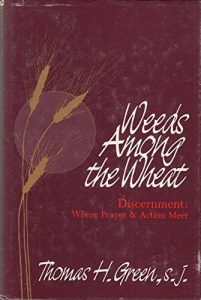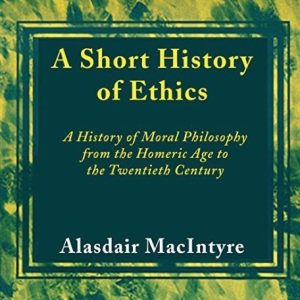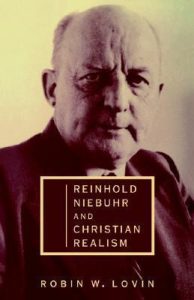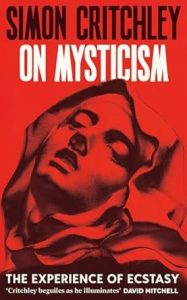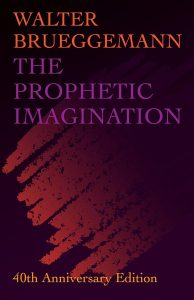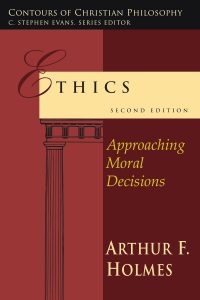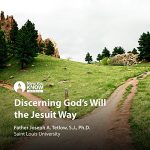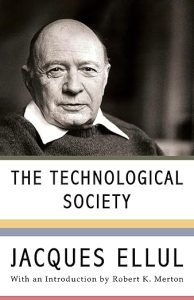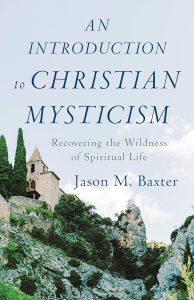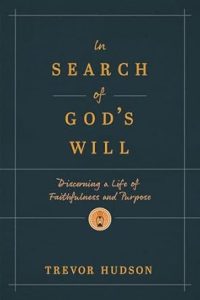 Summary: A very good introduction to discernment, mostly from the Ignatian perspective.
Summary: A very good introduction to discernment, mostly from the Ignatian perspective.
This is the second book I have read by Trevor Hudson, and the second that the Renovare Book Club has done. The last book connected Ignatius and Dallas Willard, so I knew that Hudson was familiar with Ignatius and that he was a spiritual director, primarily leading the Spiritual Exercises.
I was happy to read In Search of God’s Will and now have a new book that I will strongly recommend when thinking about discernment. I went back and looked and I have read more than 35 books directly or indirectly about discernment over the past few years so I have some perspective on what discernment is and how it should be discussed. In Search of God’s Will checks most of the boxes of what I want. I still recommend All that is Good as a starting place, but then this is the book I would recommend after that.
One of my complaints about discernment teaching is that it is often reduced to a spiritualized decision making system. Hudson avoids much of both by the way he defines discernment and how all encompassing the discussion is toward the whole of life.
According to Hudson, “Discerning what God wants, therefore, involves paying careful attention to what God is doing and saying and to what we think and feel about the choices we are facing.” That is just a nicely rounded definition. It accounts for it being a spiritual activity, it pays attention to the fact that we need to understand our own desires and needs as part of the discernment process, that feelings are essential, not just some type of abstracted knowledge, and that we have autonomy to make choices, not just be directed in a deterministic method.
Ignatius puts a lot of emphasis on learning to see God’s presence around us as a basis for discernment. Hudson expands on his definition to say, “…discernment involves recognizing God’s active presence and voice so we can respond to what God is doing and saying and bring our lives more into harmony with God’s dream for our world. This can only happen when we are aware of how and where God is calling us in our daily experiences and events.” The paying attention to God is essential, but also Hudson is noting that there is a purpose for the paying attention, to become who God has created us to be. Part of why I think that discernment is so important is that, rightly done, it is an essential part of recognizing our creation and embracing both our limitations as human beings, but also the particular gifting and make up that God as uniquely created within us.
